The situation at St Paul’s cathedral in the UK has brought the issue of financial ethics to the forefront of The Church’s thinking. If I’m honest, I didn’t know anyone in the church for whom it wasn’t already. Global finance is a topic that is too big for one person to fix by themselves and I am a bear of little brain but I will continue to engage with the issues as they arise. One of my friends posted some of their difficulties with the protest on Facebook.
I think my issue with the protests is that, in the UK, we have free healthcare, education, social security and endless affordable distractions and comforts.
If a banker can make a million by skimming off a thousandth of a percent off the business – is that really a bigger sin than one of us choosing to buy cheap imported goods without asking about worker welfare?
A dozen men cream off a tiny proportion off the bottom of a balance sheet vs a million britons promoting child labour in the third world and putting a thousand local breadwinners on the dole by shutting the mills and factories?
Apologies to him for posting it here but he has made me think! All afternoon! My gut reaction was to say – well… yes.
Then I started to think about all of these issues and the global situation. I believe resolutely that my lifestyle should not be at the expense of someone living in another country. I do not want goods available on the high street at the expense of the poorest in society! However, I think that reading the protester’s cause as about the “bankers” misrepresents them. Their website sums up their position with no mention of bankers at all.
Our global system is unsustainable. It is undemocratic and unjust, driven by profit in the interest of the few.
The protesters are bringing attention to the global financial system and the way in which it operates. This is the system that allows a big corporation to produce goods using child labour and sell them on the high street to an unsuspecting public. This is where the bottom of the balance sheet it. This is the place where the cream is found.
Please watch the TED talk above about inequality. The economy in the UK works relatively to other economies. However, it also works relatively between the people within it. #OccupyInequality


A fascinating video, well shared.
What is to be done about it however – is a challenge I find rather brain-hurty.
Me too.
“The economics of the future is somewhat different. You see, money doesn’t exist in the 24th century… The acquisition of wealth is no longer the driving force in our lives. We work to better ourselves and the rest of humanity.”
– Jean-Luc Picard
Pingback:Every little helps … « wildgoosechasing
Thank you very much for this, Robb. I wish I’d read your post before blogging on a similar theme myself. I think one of our problems is that we all want simple solutions: blame the bankers/politicians/whom you will. One of my main worries about the protest at St Paul’s is that it is actually distracting people from the big question of how our [global] economy operates. It’s telling that most of the media coverage is coming from religious affairs correspondents. Thank you for highlighting what we can do as individuals.
Thanks for your kind words Sister.
I am glad we have got beyond the media furore and we are now able to engage with the real issue. There was a popular rabbi from Nazareth who had a lot to say about wealth and poverty. Hopefully now the church can get back to the real business of being a prophetic voice, calling people to take note of that. The more people we have blogging about this the better, keep up the good work!
Personally, there are much better ethicists than I who can do this but I will try to take my part in the conversation. I don’t want to see people scapegoating because it detracts from the personal challenge to each one of us to take responsibility for our own part in the system. If we focus too much on “individuals” we miss that society is made out of them. We are in danger of using the word “banker” so often that it just becomes “others”.
I think this is the direction in which the comment from Facebook I quote point inevitably towards.